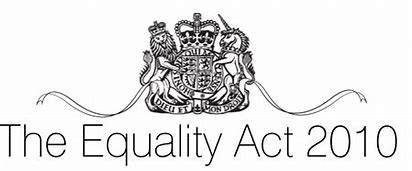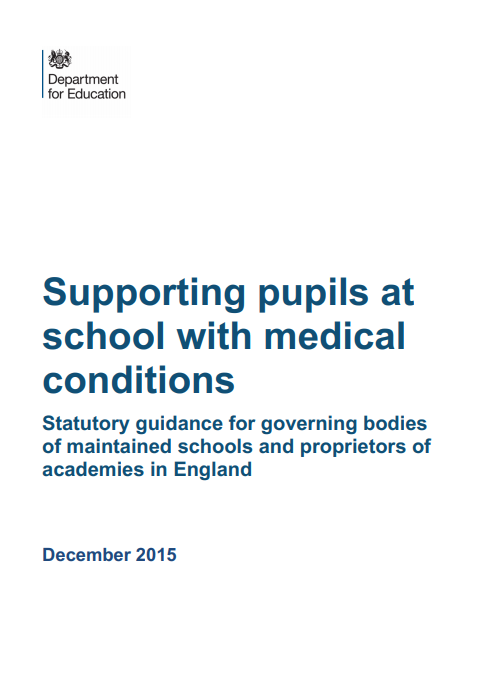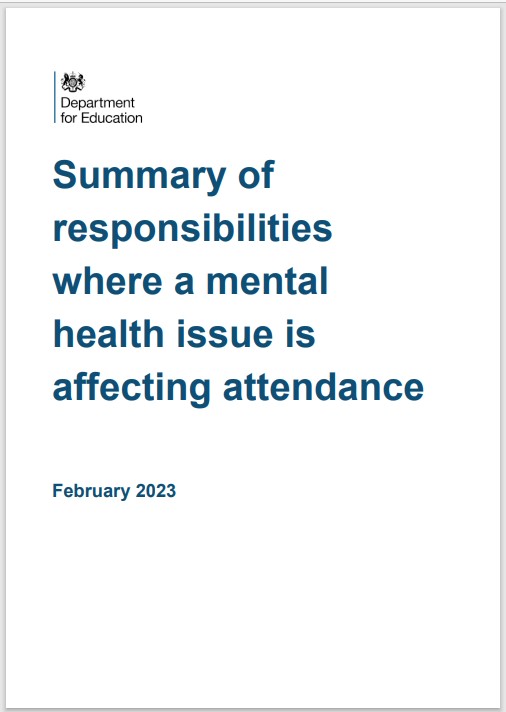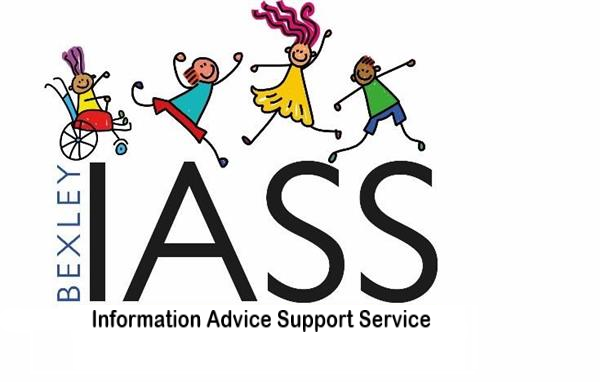The SEND Code of Practice 2015 says that mainstream schools must ensure that children and young people with SEN engage in the activities of the school alongside pupils who do not have SEN. (6.2)
Part 6 of the Equality Act 2010 sets out the duties for education settings to make ‘reasonable adjustments’ for children and young people with disabilities.
Schools must provide detailed information about their arrangements for the admission of disabled pupils to the school and publish an ‘Accessibility plan’ explaining adjustments they can make and ongoing plans to improve access.
They must also publish a SEN information report explaining how they identify and support children with Special Educational Needs & Disability
If you cannot find these on a school’s website, you can contact them and ask for a copy.
Reasonable adjustments
Nurseries, Schools and Colleges must take steps to ensure disabled children and young people are not substantially disadvantaged due to their disability.
‘Reasonable adjustments’ is the term used to describe these in law.
What is a disability?
According to the Equality Act 2010, a person is disabled if they have a physical or mental impairment, which has a long-term and substantial adverse affect on their ability to carry out normal day-to-day activities.
‘Long-term‘ – meaning 12 months or more.
‘Substantial‘ – meaning more than ‘minor’ or ‘trivial’.

View the government ‘Equality Act 2010 Guidance’ for more information.
The SEND Code of Practice 2015 summarises the Equality Act duty and says Nurseries, Schools and Colleges must:
- not directly or indirectly discriminate against, harass or victimise disabled children and young people
- make reasonable adjustments, including the provision of auxiliary aids and services, to ensure that disabled children and young people are not at a substantial disadvantage compared with their peers.
- This duty is anticipatory – it requires thought to be given in advance to what disabled children and young people might require and what adjustments might need to be made to prevent that disadvantage
What does this mean in practice:
Schools must provide detailed information about their arrangements for the admission of disabled pupils to the school and publish an accessibility plan explaining adjustments they can make and ongoing plans to improve access. They must also publish a SEN information report explaining how they identify and support children with Special Educational Needs & Disability – so the schools’ own website can be a useful starting point.
Nurseries, Schools and Colleges should be thinking in advance, and reviewing what adjustments they may need to make to avoid substantial disadvantage for disabled children.
- All aspects are covered, including homework, school trips, provision of education and around exclusions.
- They must make reasonable adjustments to procedures, criteria and practices and by the provision of auxiliary aids and services.
- Nurseries and post-16 providers must also make reasonable adjustments by making physical alterations.
- Schools and the local authority are not required to make physical alterations, but they must publish accessibility plans (and local authorities, accessibility strategies) setting out how they plan to increase access for disabled pupils to the curriculum, the physical environment and to information.
The Equality and Human Rights commission have some useful guidance: making ‘reasonable adjustments’ for disabled pupils.
Examples of Reasonable Adjustments could include:
- Repeat instructions/information and check for understanding of tasks
- Use visual timetables with colour coding and symbols
- Alter format options onscreen or on an interactive whiteboard
- Encourage peer support to record homework tasks in the planner
- Provide access to assistive technology such as a computer for pupils who find it difficult to read large amounts of text or to write quickly enough in class
- Use multi-sensory ways of teaching
For more information click here for the Disability Rights UK information on providing Reasonable adjustments in schools and on Apprenticeships: DR Uk
Access Arrangements
Access Arrangements are pre-examination adjustments for candidates based on evidence of need and normal way of working.
Access Arrangements fall into two distinct categories:
some arrangements are delegated to centres,
others require prior JCQ awarding body approval.
Please speak to your child’s school or college to find out more and CLICK HERE for information from JCQ on specific Access Arrangements
Pupils with Medical Conditions
Some children may not be able to attend school for health reasons, for long term or intermittent periods.
For children with SEND, anxiety or sensory overload are common factors affecting attendance, which are sometimes not immediately identified. If you think there may be underlying needs affecting your child’s attendance, discuss and explore with school how these might be supported.
The government guidance ‘Supporting pupils at school with medical conditions‘ says
Governing bodies should ensure that school leaders consult health and social care professionals, pupils and parents to ensure that the needs of children with medical conditions are properly understood and effectively supported. (Key points, page 4)
Pay particular attention to page 28 of this document which provides a Model Process for Developing Health Care Plans.

Pupils with Health Conditions
If your child is unable to attend school, there will be alternatives available from the local authority – this is known as alternative provision. You can discuss with school if you believe you need to explore this for your child.
Share any relevant information from health professionals with school and the local authority, particularly if this indicates attendance at school is going to be difficult.
The government guidance Ensuring a good education for children with Health conditions says:
LAs are responsible for arranging suitable full-time education for children of compulsory school age who, because of illness, would not receive suitable education without such provision. This applies whether or not the child is on the roll of a school and whatever the
type of school they attend. It applies to children who are pupils in Academies, Free Schools, special schools and independent schools as well as those in maintained schools.
Alternative provision
This term is used to describe the education arrangements made for pupils to continue to have a suitable, full-time education whilst they are excluded from school or cannot attend school for another reason.
Read the government guidance: Alternative Provision (PDF)
You can contact the local authority directly with any questions about alternative provision.
Mental health issues affecting a pupil's attendance: guidance for schools 2023
This document builds on the Working together to improve school attendance guidance 2022.
This guidance makes clear the expectations placed on school staff as well as academy trustees/governing bodies, parents/carers and Local Authorities (LAs) where there is a pupil experiencing social, emotional or mental health issues that are affecting attendance.
This guidance applies to any pupils displaying any social, emotional or a mental health issue that is affecting their attendance.
It is not only for pupils who have a diagnosed mental health condition, or a disability or special educational need.
Please CLICK HERE to access the Guidance.

For more information on Education Welfare in Bexley and local area policies please refer to the Bexley Local Offer
